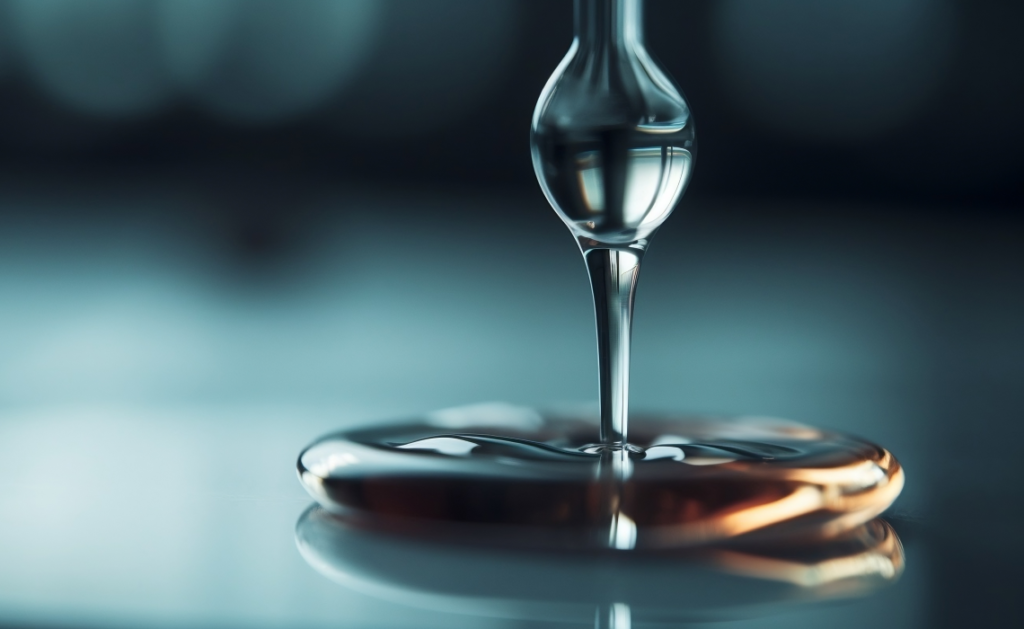Menu
High viscosity in protein therapeutics can have several detrimental effects, both in terms of manufacturing and clinical administration. For example, too high of viscosity can cause the following:

High viscosity can make the manufacturing process challenging, especially during formulation, filtration, and filling steps. This can lead to increased production costs and potential issues with product consistency.
High viscosity may limit the volume of protein therapeutic that can be injected, potentially impacting the therapeutic dose that can be administered to patients.
Administering highly viscous formulations may require higher injection forces, leading to patient discomfort and potential issues with administration compliance.
High viscosity can increase the risk of protein aggregation, which may compromise the stability and efficacy of the therapeutic.
Pfanstiehl’s Technical Sales Scientists can discuss with you to understand your challenges and provide guidance based on experience and literature reviews to reduce the viscosity and stabilize the structure and biologic activity of your protein therapeutic.
Let us help put together ideas for:
Adjusting the formulation by optimizing the concentration of excipients, buffers, and stabilizers can help reduce viscosity. Careful selection of formulation components can enhance stability and minimize the need for high viscosity.
Modifying the pH of the protein therapeutic can influence its viscosity. Sometimes, a slight adjustment in pH can result in a more favorable viscosity profile.
Incorporating viscosity-reducing agents or excipients, can effectively lower viscosity without compromising the stability of the protein therapeutic.
Pfanstiehl HPLE-LMTM L-Arginine
Pfanstiehl HPLE-LMTM L-Arginine HCL
Pfanstiehl HPLE-LMTM L-Methionine
For over 100 years, Pfanstiehl has made cGMP Injectable grade excipients, stabilizers, and buffer components that are guaranteed high purity and low endotoxin. Our components are used in the majority of the world’s top selling pharmaceuticals and we continue to grow every year.
Our customers know that the combination of Pfanstiehl’s award winning technical support and high purity low endotoxin cGMP components will help ensure better consistency from batch to batch and reduce the risk of manufacturing batch failure for your therapeutic.
If you have a protein biologic or vaccine that needs formulation development to reduce viscosity, please contact us and we will be happy to discuss how we can work together to make your product as high quality as possible.